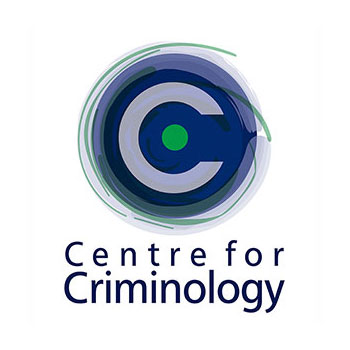The place of children in maternal sentencing
Research by Shona Minson has led to a mother successfully reducing her prison sentence and new training for criminal justice professionals involved in maternal sentencing decisions.
 Shona Minson, from Oxford University’s Centre for Criminology, was funded by the ESRC to conduct doctoral research exploring the place of children in maternal sentencing decisions. A former barrister who had undertaken both criminal and public law family work (cases where children are taken into the care of the state due to parental abuse or neglect), she was concerned by the differentiated treatment between children separated from their parents by the state in the criminal courts and in the family courts. Her research provided the first study of judicial thinking in maternal sentencing decisions in England and Wales. It is currently the largest study in England and Wales of children whose mothers are in prison, and those that are caring for them during their mothers’ absence.
Shona Minson, from Oxford University’s Centre for Criminology, was funded by the ESRC to conduct doctoral research exploring the place of children in maternal sentencing decisions. A former barrister who had undertaken both criminal and public law family work (cases where children are taken into the care of the state due to parental abuse or neglect), she was concerned by the differentiated treatment between children separated from their parents by the state in the criminal courts and in the family courts. Her research provided the first study of judicial thinking in maternal sentencing decisions in England and Wales. It is currently the largest study in England and Wales of children whose mothers are in prison, and those that are caring for them during their mothers’ absence.
From this research, Minson established that the right of children to be protected by the state from discrimination due to the status or activities of their parents (under Article 2 of the United Nations Convention on the Rights of the Child 1989) are not always observed within parental sentencing decisions. She provided a review of the existing case law and an analysis of decisions before the Court of Appeal on the sentencing of mothers.
Minson partnered with the Prison Reform Trust to author a discussion paper on the sentencing of mothers and, prior to its publication in November 2015, she was the speaker at a roundtable meeting of senior judiciary and policy officials, chaired by Lord Woolf, at which the recommendations of the paper were discussed. Following the publication of the report, the paper was cited in the Court of Appeal in a mother’s successful appeal against the length of her sentence (R v Arnold [2016] EWCA Crim 1267). Minson was subsequently invited to address the Scottish Sentencing Council in March 2017 on the sentencing of primary carers.
The research prompted the Parliamentary Joint Committee on Human Rights to hold an enquiry into the right to family life of children with imprisoned mothers. Their report is due in summer 2019.
Based on the findings of Minson’s work, the ESRC awarded Dr. Minson an Impact Acceleration Award. Using the award, Dr. Minson and her colleagues produced a series of training films on the sentencing of mothers for criminal justice professionals including judges and magistrates.
Since producing the videos, Dr. Minson won the Vice-Chancellor’s Public Engagement with Research Award and the ESRC Impact Prize for Outstanding Early Career Impact.
Download Shona Minson's case study.
